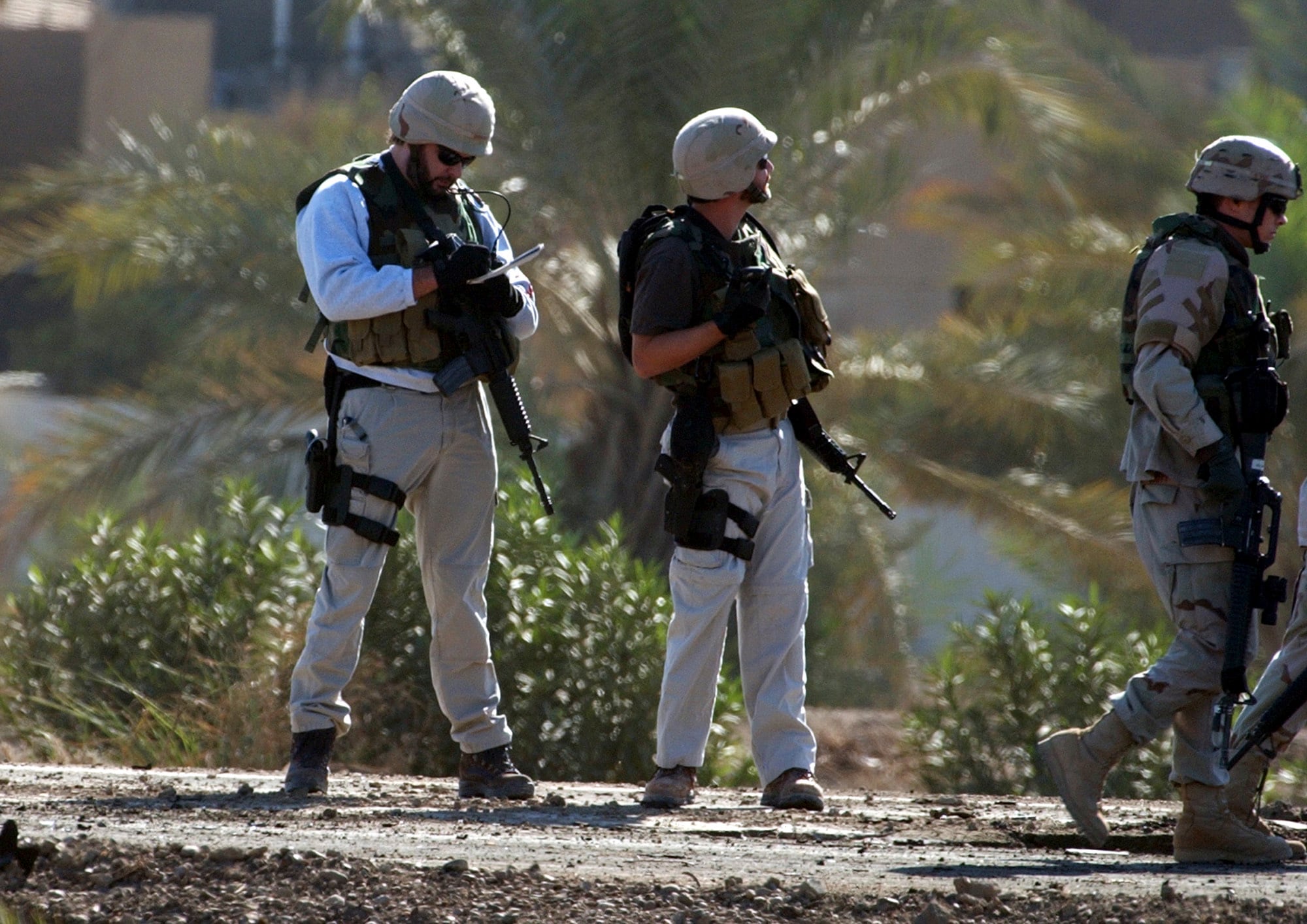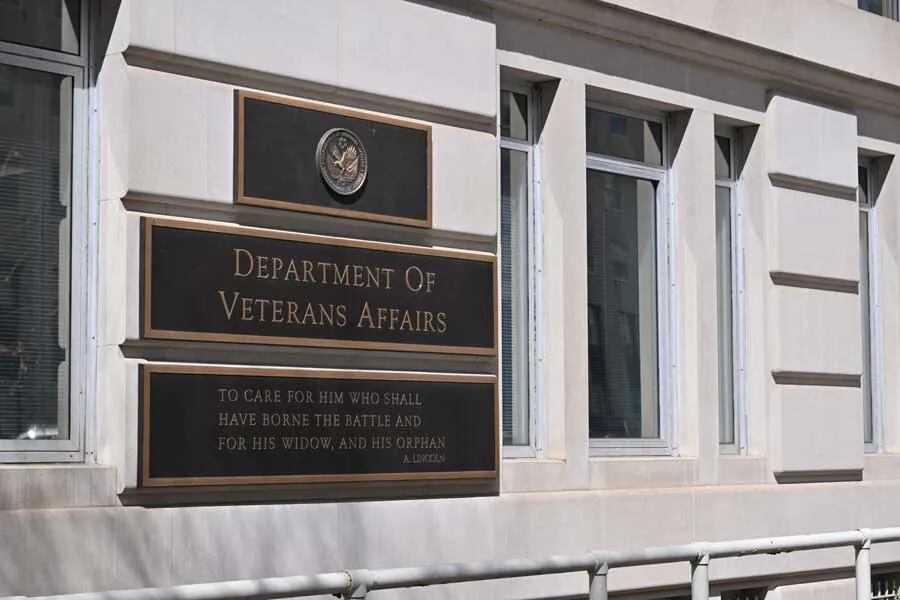Private security contractors, often referred to as mercenaries, have made a poor reputation for themselves throughout the Global War on Terror. And it turns out the Pentagon isn’t really monitoring whom it’s hired, or verifying their backgrounds and compliance.
A Government Accountability Office report released Friday calls on the Pentagon to create an internal definition for security contractors, make them trackable in databases and assign an oversight position for private security contractors.
“For example, GAO reviewed data for deployed contractor personnel with the job title of ‘security guard’ and found that about 12 percent of those individuals were employed by companies not on a DOD list of certified PSC companies.”
This happened for a few reasons, according to the report. To start, contractor oversight is shared between DoD and the companies themselves, with no single entity taking accountability overall. Then, there is no code in personnel databases for security contractors, so it’s impossible to know how many there are and what jobs they’re doing.
When GAO searched contractor databases for “security guard,” they found that there were actually eight other job titles that included aspects of what would generally be considered a security position, whether the employee was working in contingency, peace-keeping or other missions.
Not only couldn’t GAO get a complete list of DoD’s private security contractors, but what they did find didn’t include “the type of operation or exercise they support, or their functions, activities, and armed or unarmed status,” according to the report.
RELATED

The most notorious case of security contractor misconduct dates back to 2007, when four Blackwater employees escorting a diplomatic convoy opened fire on a crowded Baghdad square, killing 17 and injuring 20 unarmed Iraqis, claiming they were responding to an ambush.
They were convicted of murder in 2014 and sentenced to between a decade in prison to life. Former President Donald Trump pardoned them before leaving office.
The Pentagon did try to take a crack at oversight in 2009, setting up a framework that assigns the Pentagon to verify whether contractors are allowed to be armed and to monitor performance, while the contracted companies are required to report incidents and comply with standards.
But because DoD didn’t monitor that implementation, it has no metrics to show whether it has improvement contractor oversight.
“DOD lacks a single, senior-level position assigned to fully monitor whether DOD and various entities are carrying out their respective PSC oversight roles and functions,” the report found. “Without assigning this position, DOD increases the risk of incidents that its framework aims to prevent.”
The Pentagon agreed with the GAO’s findings, resolving to create an oversight position and tighten up its tracking capabilities.
Meghann Myers is the Pentagon bureau chief at Military Times. She covers operations, policy, personnel, leadership and other issues affecting service members.





